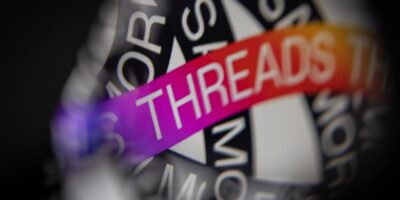Just the other day, the BBC had an opportunity of talking to Eugene Kaspersky, a prominent businessman from Russia. His products were even being used by his interviewer during the interview. Eugene Kaspersky is the proud founder of an anti-virus firm known as Kaspersky. This is a business venture that he established 20 years ago. He is a figure who is always ready to offer opinions about software security. However, his company is currently facing a crisis in a key market. The Trump administration has decided to ban the use of his software in all government agencies. During the interview with the BBC, the security expert noted that he was at the center of a smear campaign. He further said that a powerful person is on a mission of turning the aggressive PR they have used in years against them. Earlier in the summer, an American security expert began spreading information that Kaspersky had been ordered by the Russian government to threaten American computers with a malicious update. Addressing the issue, Mr. Kaspersky told the BBC that the suggestions are possible in a science fiction. Also, he insisted that he has no close ties to the Russian government like it has been speculated by American media.
He acknowledged that the spying game is real. As for him and his firm, they want to develop a product that will help end cyber-crime. He said that only three things could end the current standoff. These things are understanding, love and peace.
The new iPhone X
Steve Jobs once said that there comes a revolutionary product from time to time that changes things. While it seemed like an overblown quote back then, it has proven to be true today. We all witnessed the outlandish claims by Apple CEO last week when he announced that iPhone X would be the biggest leap since the iPhone was introduced. However, despite having a screen from one edge to the other and a facial recognition system, Apple is not the first company to incorporate these technologies into their smartphones. Apple defends itself by saying that they have implemented the technology like no other company. The author of One Device Brian Merchant refers to the new device as revolutionary. He further notes that the new device will most probably amuse its users. He further says that Apple is in the classic innovator’s dilemma. This is a phenomenon where successful ventures take on highly risky ventures which might backfire.


